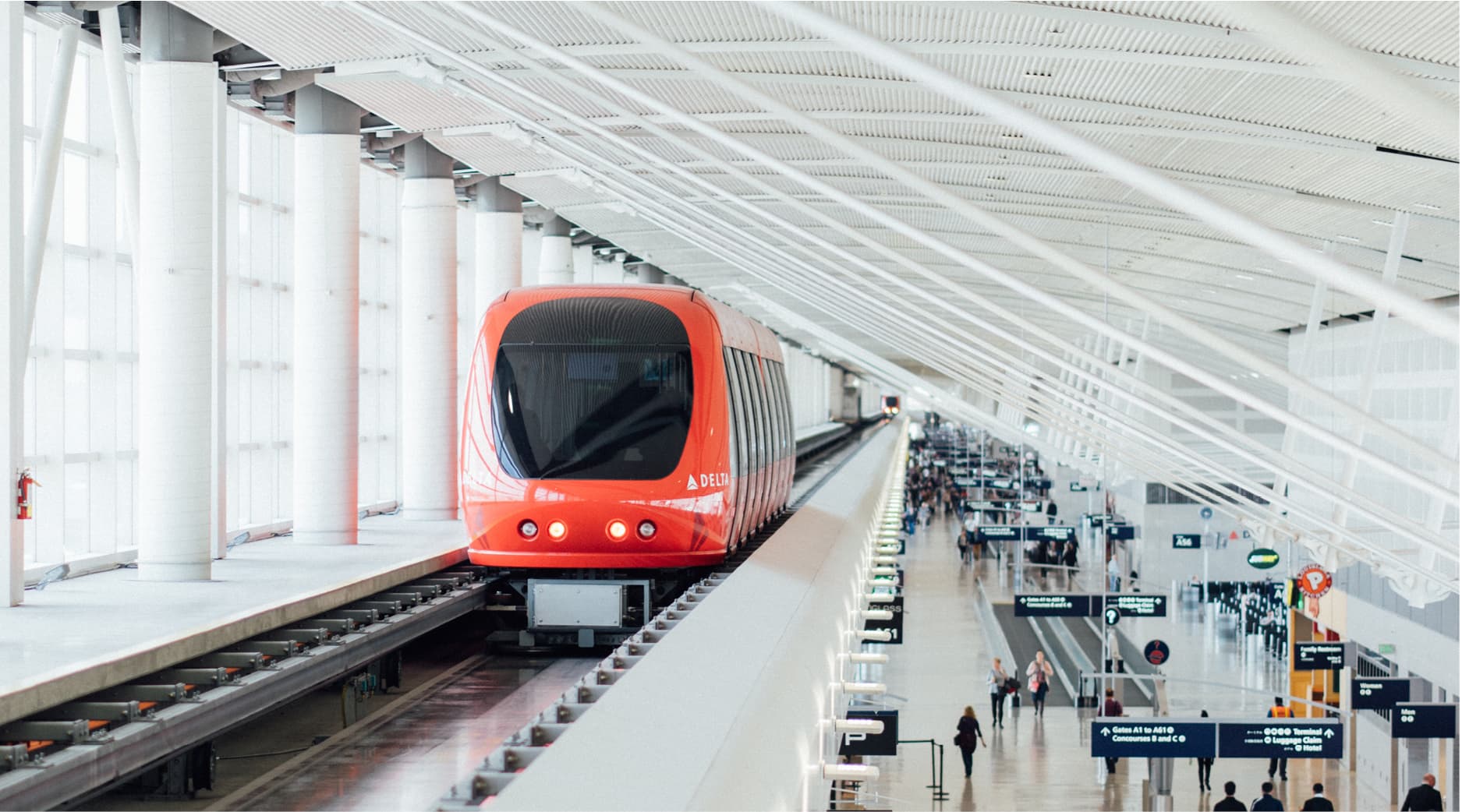
(3 min read)
The automotive industry in the UK and Europe will soon need to meet stricter environmental, social and economic requirements introduced by Regulation (EU) 2023/1542 concerning batteries and waste batteries (the "New Battery Regulation"). The first obligations will apply uniformly throughout the EU from 18 February 2024, with the remainder coming into force over the course of the next 8 years. The UK automotive industry will need to comply with the New Battery Regulation if it wants to continue placing products on the EU market. Three quarters of cars produced in the UK are exported overseas, so this is significant even after Brexit. In Europe, the New Battery Regulation has substantially expanded the existing end of life management obligations. Producers and those placing batteries on the market will now be required to assess and report on supply chain due diligence as well as the environmental impact and risks associated with the production of batteries at every stage of the battery's lifecycle.
Key changes:
- All manufacturers will need to have a carbon footprint declaration for each battery produced at each manufacturing plant.
- Manufacturers grossing over EUR 40 million will need to implement due diligence policies, which will need to be verified and periodically audited by a notified body.
- A new digital battery passport will be required for EV batteries which will have to include 'transparent, reliable and clear information' and cover the entire supply chain, from mine to manufacture as well as waste.
- New reporting requirements and recycling targets for the lifecycle of batteries.
Those not already preparing for the new rules could find themselves in breach of the legislation and so at risk of enforcement action, with significant cost and reputational implications. Member States will determine their own sanctions regime for contravention of the New Battery Regulation, which may include administrative fines and even criminal penalties. Given that provisions are coming into force at different times depending on the type of battery, manufacturers and others in the supply chain need to understand the latest developments to ensure compliance and avoid the risk of future litigation/disputes.
To find out more, read our article in which we explore the key requirements of the New Battery Regulation in more detail and consider what the automotive industry can expect. This far-reaching legislation is set to impact everyone in the supply chain from manufacturers and producers, to importers and distributors.
Next steps
The New Battery Regulation is a substantial overhaul of the current battery landscape that will have a serious impact on businesses operating in this space.
Operators should prepare a readiness report setting out how their business, and their suppliers, compare with the requirements of the New Battery Regulation. A gap analysis should identify areas where further work needs to be done to meet the sustainability and environmental requirements. Then an operator will be able to set out a roadmap to achieve compliance and adapt legacy systems to meet these new and innovative requirements.
Manufacturers need to ensure they are monitoring developments in the recycling industry and ensure that any partners they work with are able to meet the technological and logistic challenges set by the New Battery Regulation, as well as being companies they can work with in order to meet the onerous reporting requirements that will soon be required.
Meeting the requirements of the New Battery Regulation will necessitate increased data collection and transparency at all levels of the supply chain. If they are not already doing so, those operating in the EV industry should start speaking to everyone in their supply chain about the extensive information required under the New Battery Regulation. Creating a certified network of providers along the entire supply chain will ensure greater alignment and allow operators to rely on a network of suppliers without compromising their sustainability and environmental credentials.






